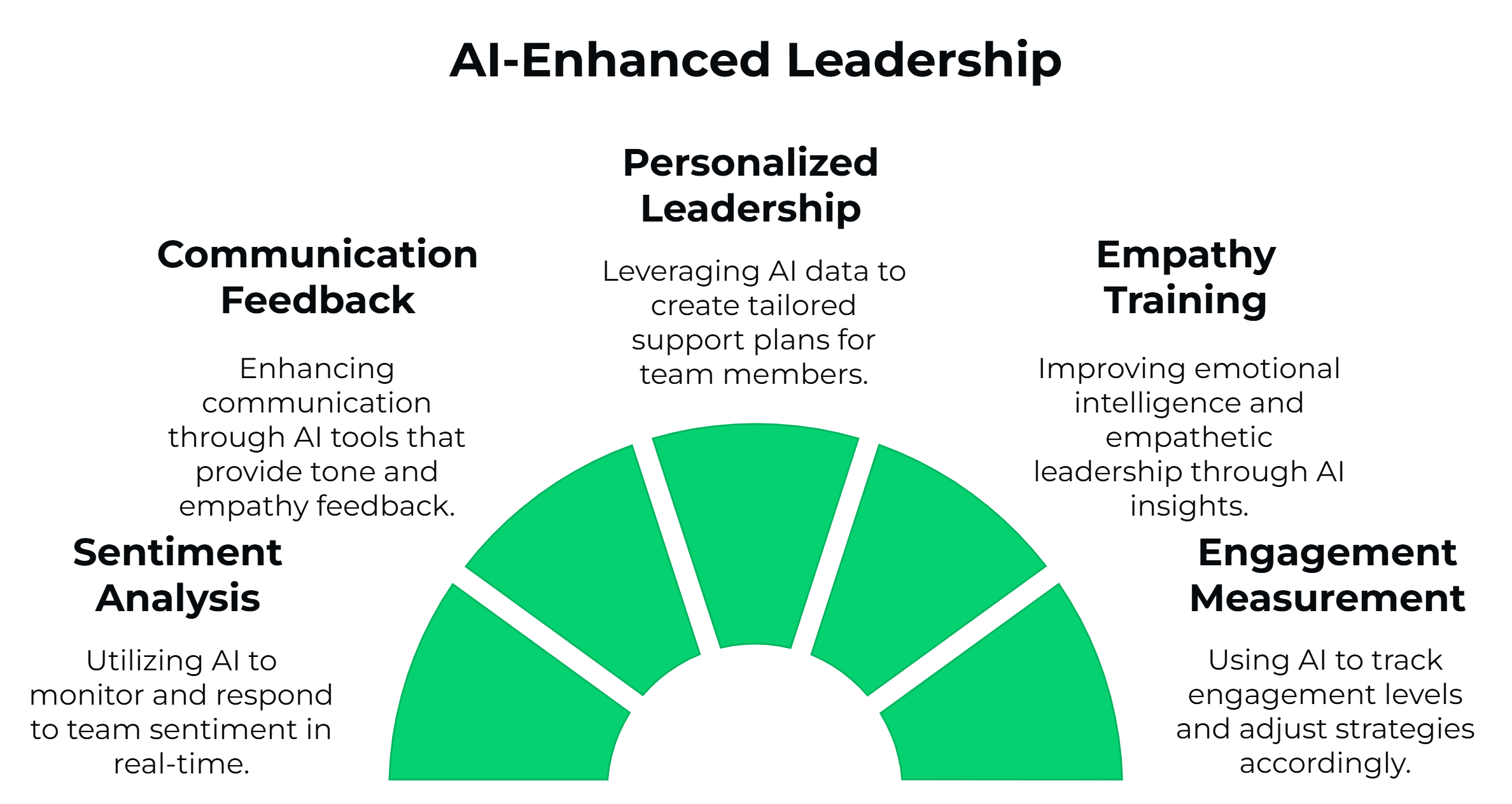Inc. Spotlights Emotionally Intelligent Tools for Cultivating Balance and Learning

New York – Inc. magazine recently highlighted the increasing relevance of "emotionally intelligent tools" aimed at fostering emotional balance and a learning mindset. The publication, known for its focus on entrepreneurship and business growth, emphasized that these advancements are crucial for individuals navigating an increasingly complex professional landscape. According to the tweet from Inc., "These emotionally intelligent tools will help you keep your emotions in balance and adopt a learning mindset."
The emergence of such tools aligns with a broader industry trend recognizing emotional intelligence (EI) as a critical skill in the age of artificial intelligence (AI). As AI automates routine tasks, the uniquely human capacities for empathy, self-awareness, and relationship management become paramount. Experts suggest that while AI excels at processing vast amounts of data, it cannot replicate the nuanced understanding of human emotions, making EI a key differentiator for human workers.
This growing emphasis on EI is reflected in various sectors. For instance, emotionally intelligent AI is being developed for customer service to detect cues like frustration or distress, aiming to amplify empathy at scale. In finance, AI-powered robo-advisors are evolving into "emotionally aware financial companions" that use behavioral analytics and personalized "nudges" to help investors make rational decisions by mitigating emotional biases.
However, the increasing integration of AI into emotional domains also presents challenges. Some experts warn of a potential "global emotional recession," with observed declines in optimism and empathy, partly attributed to over-reliance on AI for emotional processing. Concerns have been raised about "cognitive debt," where excessive dependence on AI for communication and problem-solving may hinder the development of real-world interpersonal skills and resilience.
Despite these cautionary notes, companies are actively exploring AI's potential to enhance human emotional intelligence. AI-powered coaching tools are being developed to help managers improve soft skills, such as delivering feedback and navigating difficult conversations, at scale. These platforms aim to provide a safe space for practicing interpersonal interactions, thereby cultivating more emotionally intelligent leadership within organizations.
The focus on emotionally intelligent tools signifies a shift towards a more holistic approach to personal and professional development. While technology continues to advance, the emphasis remains on leveraging these innovations to amplify human capabilities, particularly in areas requiring nuanced emotional understanding and adaptability. The goal is to create environments where individuals are not only productive but also emotionally resilient and continuously learning.